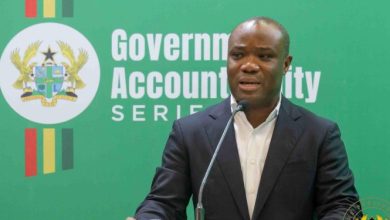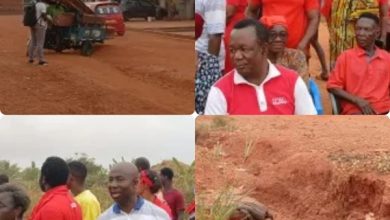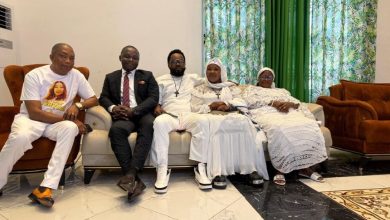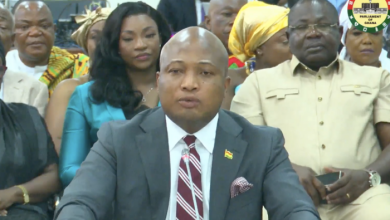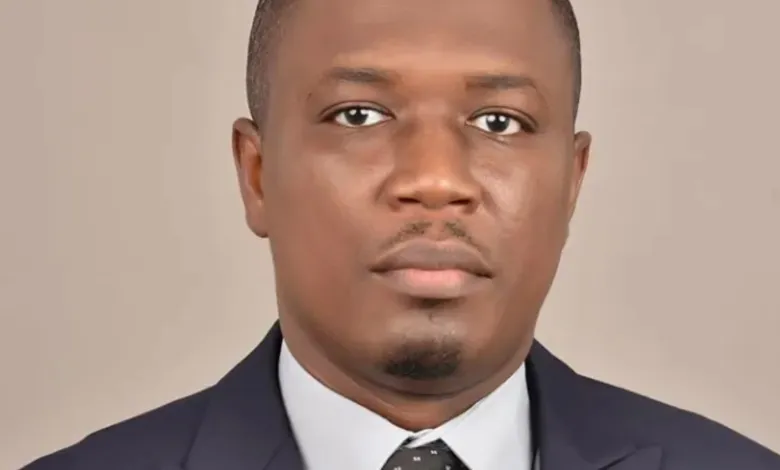
A senior academic has criticised the Mahama administration over what he describes as selective justice in the application of Ghana’s extradition laws.
Dr Frank Bannor, a Senior Research Fellow at the Institute of Economic Research and Public Policy and a lecturer at GIMPA, took to social media to question the government’s decision to pursue extradition proceedings against former Finance Minister Ken Ofori-Atta while, in his view, ignoring a more pressing case.
His comments follow an announcement by the Office of the Special Prosecutor (OSP), led by Kissi Agyebeng, to initiate steps to extradite Mr Ofori-Atta to face corruption-related charges, despite reports that the former minister is abroad undergoing medical treatment.
Accusations
In a post on Facebook, Dr Bannor said: “Between Ken Ofori-Atta and Sedina Tamakloe Attionu, who is a fugitive from justice?” referring to the former MASLOC boss who was convicted in absentia and sentenced to 10 years in prison but is currently not in Ghana.
“The whereabouts of Ken Ofori-Atta are known. He has indicated he will return after surgery. Can we say the same about Sedina Tamakloe?” he added.
Dr Bannor accused the government of knowing Ms Tamakloe Attionu’s location but choosing not to act, suggesting political bias in the pursuit of justice.
“If Mahama and his people, including Kissi Agyebeng, want to bring people home to face trial, why are they not bringing the guilty Sedina home?” he asked.
OSP’s “theatrics”
Meanwhile, Ofori-Atta’s legal team had maintained the former minister’s absence was due to legitimate medical reasons, backed by documentation submitted to both the OSP and the Human Rights Court.
Lead Counsel Frank Davies had questioned the appropriateness of the Special Prosecutor commenting on the health of Mr Ofori-Atta, suggesting it was outside the remit of the anti-corruption agency.
“We sent a report from the doctors to him, and the doctors’ report suggested he was unavailable for interview,” Davies said. “If it was not sent to him, would he have commented on it and say it is pointless? Does it lie in his domain to make this comment?”
“If he goes on to say that Ofori-Atta has been diagnosed with cancer, does he appreciate what that means? When did he transmogrify to be a doctor?”
Due process
Davies also pushed back against any suggestion that Mr Ofori-Atta could be tried in absentia, saying due legal processes must be respected.
“He says he’s going to try him in absentia. Has he exhausted all the legal avenues? We are all lawyers. We also know what to do.”
The Human Rights Court is expected to rule later this month on Mr Ofori-Atta’s application challenging his earlier designation as a “wanted person”.
His legal team is seeking to prevent any further declarations of that nature and the removal of such notices from the OSP’s digital platforms.

